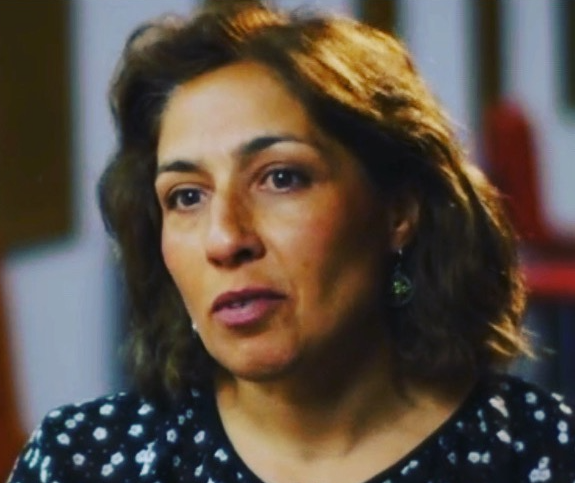Lynn Meskell


Lynn Meskell is a Penn Integrates Knowledge (PIK) Professor at the University of Pennsylvania. She holds the position of Richard D. Green Professor of Anthropology in the School of Arts and Sciences, is Professor of Historic Preservation at the Weitzman School of Design, and serves as Curator of the Middle East and Asia sections at the Penn Museum. She is also an A.D. White Professor-at-Large at Cornell University.
She holds honorary professorships at the University of Oxford and the University of Liverpool in the UK, Shiv Nadar University in India, and the University of the Witwatersrand in South Africa. She has also been awarded honorary degrees from the Universities of Rome and Bergen.
Previously, she was the Shirley and Leonard Ely Professor of Humanities and Sciences in the Department of Anthropology at Stanford University. She is a Fellow of the Australian Academy of the Humanities.
The project
Title: Ruin Warfare: A Heritage of War from UNESCO to NATO
"How did global heritage become the new battlespace for 21st-century warfare? Nations and non-state actors alike increasingly use the ruins of the past to leverage legal, political and territorial competition. This is the first book to examine the roles of two intersecting international organizations that seek to combat the fallout from ruin warfare and their respective aspirations for mission success. The first, UNESCO, established after the Second World War and dedicated to world peace through culture and co-operation, has inherited a ruinous legacy of war and destruction. The other is NATO, a Cold War military alliance that must now confront cultural heritage in both its protective and punitive missions. Within the international order, along a spectrum of peace and war, both are struggling to contain the conflictual status of cultural heritage.In Ruin Warfare I reveal how the past is progressively militarized, securitized, and legalized across an array of formal settings from UNESCO to NATO. Heritage, I argue, has become the ultimate force multiplier. Whether in outsized claims for fostering world peace and resilience on one hand or ensuring maximum devastation and intergenerational trauma on the other, deploying the past is decisive. Protecting heritage, for example, is considered vital for multilateral agencies and governments alike to combat illicit trafficking, terror financing, cultural cleansing, and crimes against humanity."
Hosting institution: UNESCO
Selective Bibliography
- In press Ruin Warfare: How and Why We Weaponize the Past, Annual Reviews of Anthropology, 55.
- 2025 “A series of vandalisms”: Heritage violence and delayed destruction, Anthropological Quarterly, 98/1: 183-209.
- 2024 Teardrops at the Taj: Wicked Problems of World Heritage Preservation, Pollution and Politics, International Journal of Heritage Studies. 30/4: 438-453
- 2024 Heritage Conflict and the Council: The UNSC, UNESCO and the View from Iraq and Syria (with B. Isakhan), International Journal of Cultural Property 30.7: 821-839.
- 2018 A Future in Ruins: UNESCO, World Heritage and the Dream of Peace, Oxford University Press: New York.



Nancy Jones

Arezou Azad

Carla Rita Palmerino


